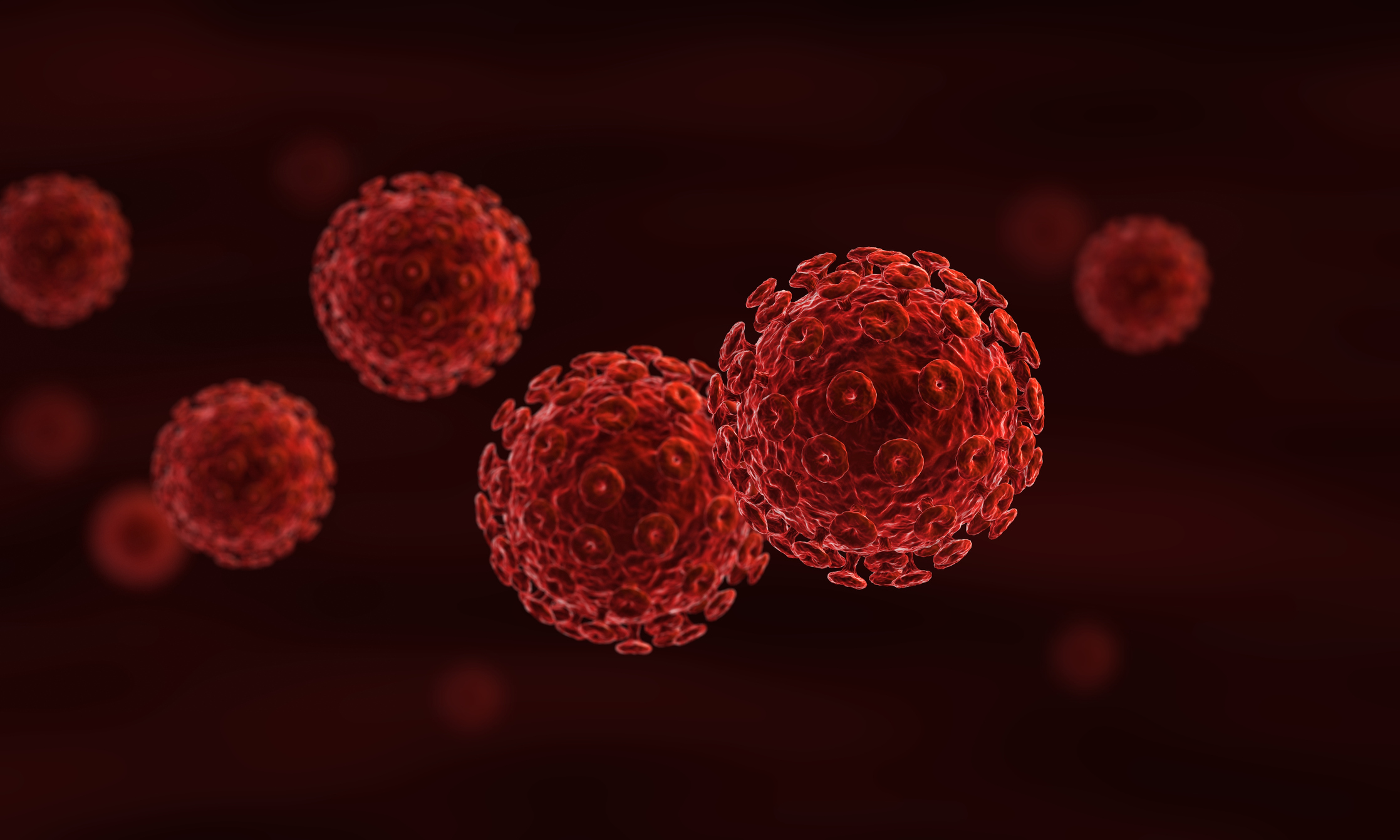Tuberculosis (TB) is the most important infectious disease worldwide, based on the number of new cases and deaths reported by the World Health Organization. Several vaccine candidates against TB have been characterized at the preclinical and clinical levels. The BCGΔBCG1419c vaccine candidate, which lacks the BCG1419c gene that encodes for a c-di-GMP phosphodiesterase, provides improved efficacy against chronic TB, reactivation from latent-like infection, and against TB in the presence of type 2 diabetes in murine models. We previously reported that compared to wild type BCG, BCGΔBCG1419c changed several proteins. Here, using a label-free proteomic approach, we confirmed that a novel, second-generation version of BCGΔBCG1419c maintains changes in antigenic proteins already reported, including differences in secreted proteins, and also found that it modifies its production of proteins involved in redox and nitrogen/protein metabolism, compared with wild type BCG. This work contributes to the proteomic characterization of a novel vaccine candidate that is effective against chronic TB.© FEMS 2020.
Proteomic characterization of a second-generation version of the BCGΔBCG1419c vaccine candidate by means of Electrospray-ionization quadrupole time-of-flight mass spectrometry.


